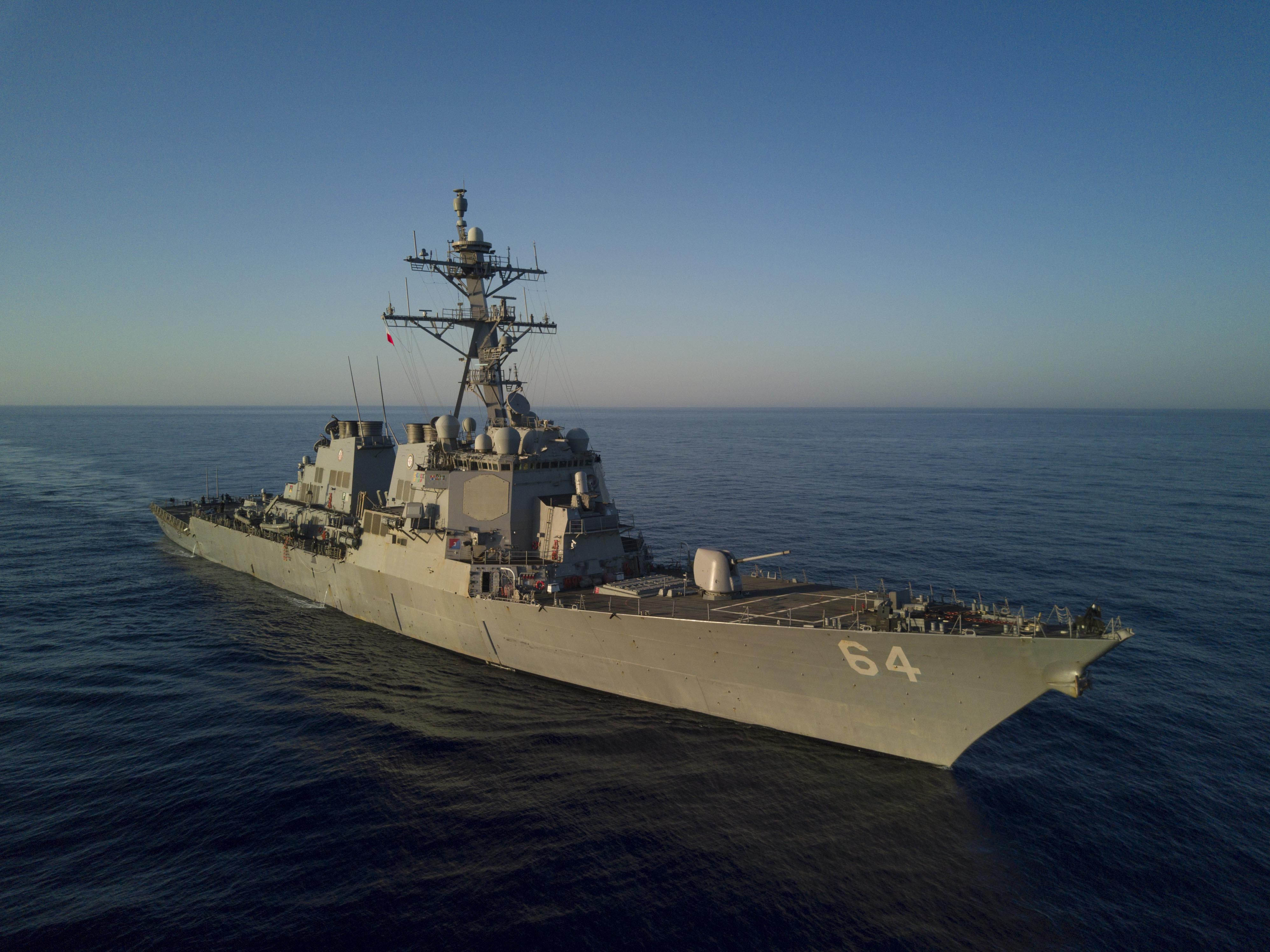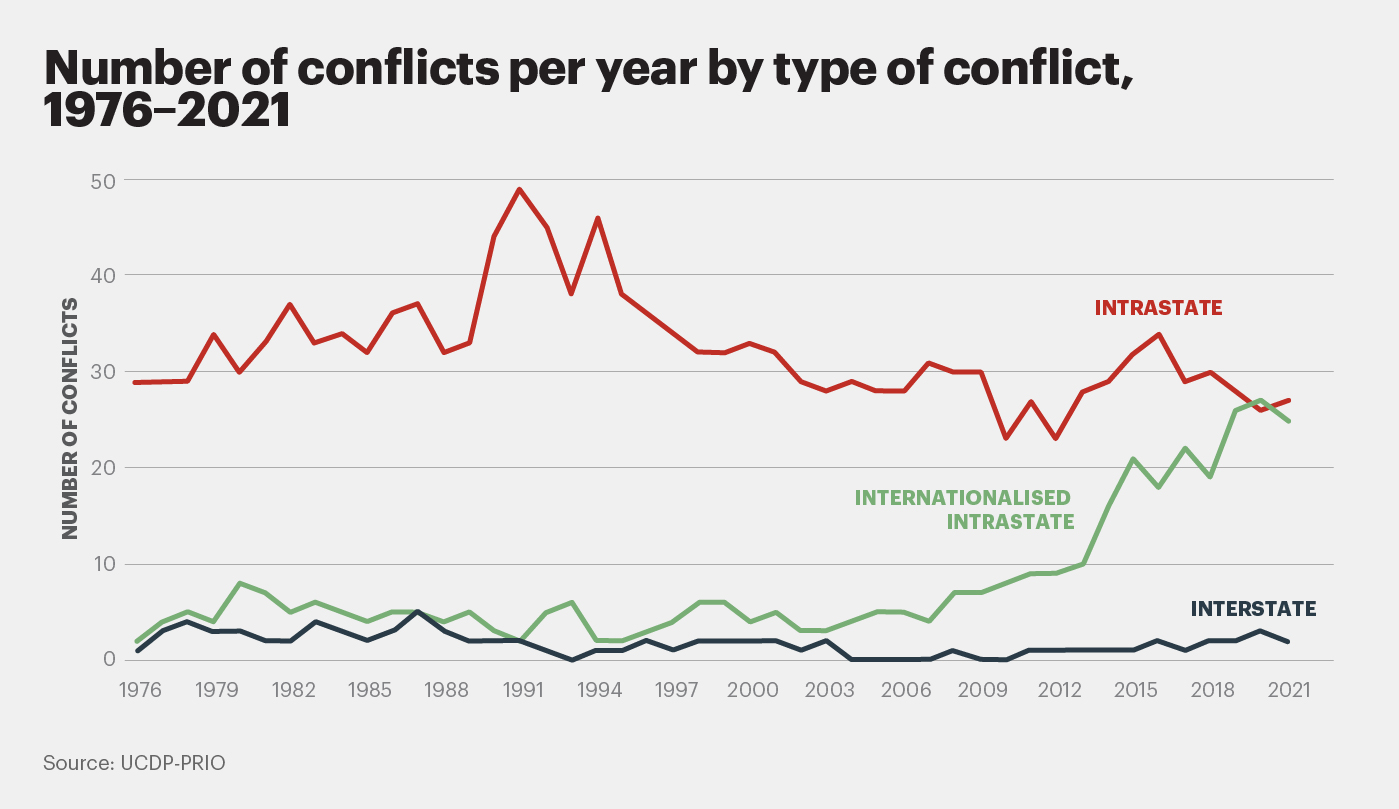The United States has actually been doing things in the Red Sea — from Reuters: "US sinks 3 ships, kills 10 after Houthi Red Sea attack."
The naval battle occurred around 0330 GMT on Sunday as the attackers sought to board the Singapore-flagged Maersk Hangzhou, Maersk and U.S. Central Command (CENTCOM) said. Helicopters from the USS Eisenhower and USS Gravely joined the ship's security team in repelling the attackers after receiving a distress call, CENTCOM said.
Maersk said it was pausing all sailing through the Red Sea for 48 hours after the attack.
A spokesman for the Houthis said the group carried out the attack because the ship's crew refused to heed warning calls. He said 10 Houthi naval personnel were "dead and missing" after their boats were attacked by U.S. forces in the Red Sea.
I guess I do not know why Maersk is re-pausing shipments that they previously deemed safe. I guess that it does not feel nice when your ships actually come under attack by the Houthis. Like, even if you are protected by several US destroyer-class ships and armed helicopters, receiving a radio call that threatens to hijack your boat and follows up by pointing guns at you does not feel fun.
 |
| USS Carney |
One thing that is interesting is that the Houthis now seem to just be attacking any ship that passes through? A Singapore-flagged ship owned by a Danish firm seems relatively untied to Israel. WSJ:
The Iranian allies initially said they were targeting Israeli shipping activities in retaliation for the war in Gaza, but they have broadened the attacks to other vessels sailing through the Bab el-Mandeb, a key crossing between the Indian Ocean and the Red Sea.
“The attacks have lost all connection to Israel completely,” said Ami Daniel, chief executive of maritime artificial intelligence company Windward Ltd. “The Houthis don’t seem to be deterred by the coalition.”
The Indian navy last week dispatched three guided-missile destroyers to protect commercial vessels in the Arabian Sea, following an attack on a chemical tanker off the Indian coast. The U.K. also sent a warship this month to join a U.S.-led naval task force.
It is interesting that they let the fourth boat go. There is a risk that attacking the Houthis will awaken Iran which will strike in retaliation to attacks on an allied group. A war with Iran would probably be bad. People in the WSJ comments section seem to think that it would be over within hours with a definitive US win, but that seems less than likely. That would be concurrent with the trend of the world though.
A larger Houthi (Iran) - US conflict would be yet another conflict on this ticker. I think this quote from the FT is interesting:
Israel’s failure to anticipate the Hamas attack of October 7 reflected a massive intelligence failure — and a complacent assumption by the government of Benjamin Netanyahu that the Palestinian conflict had been in effect contained and could be safely ignored.The Palestinians cannot be safely ignored, and nor can the rest of the world. Perhaps the paradigm has shifted such that some parts of the world should not ignore others, and should not treat other nations as simply pawns on a chessboard. Maybe that will have a bad outcome — the massive jump in internationalized intrastate conflict is definitely bad for world peace and for human prosperity. I think that creating a positive world order in which all countries are in a level playing field is interesting. Leading with positivity might seem naive, but maybe it is worth being a good person (at the very least) from time to time.


